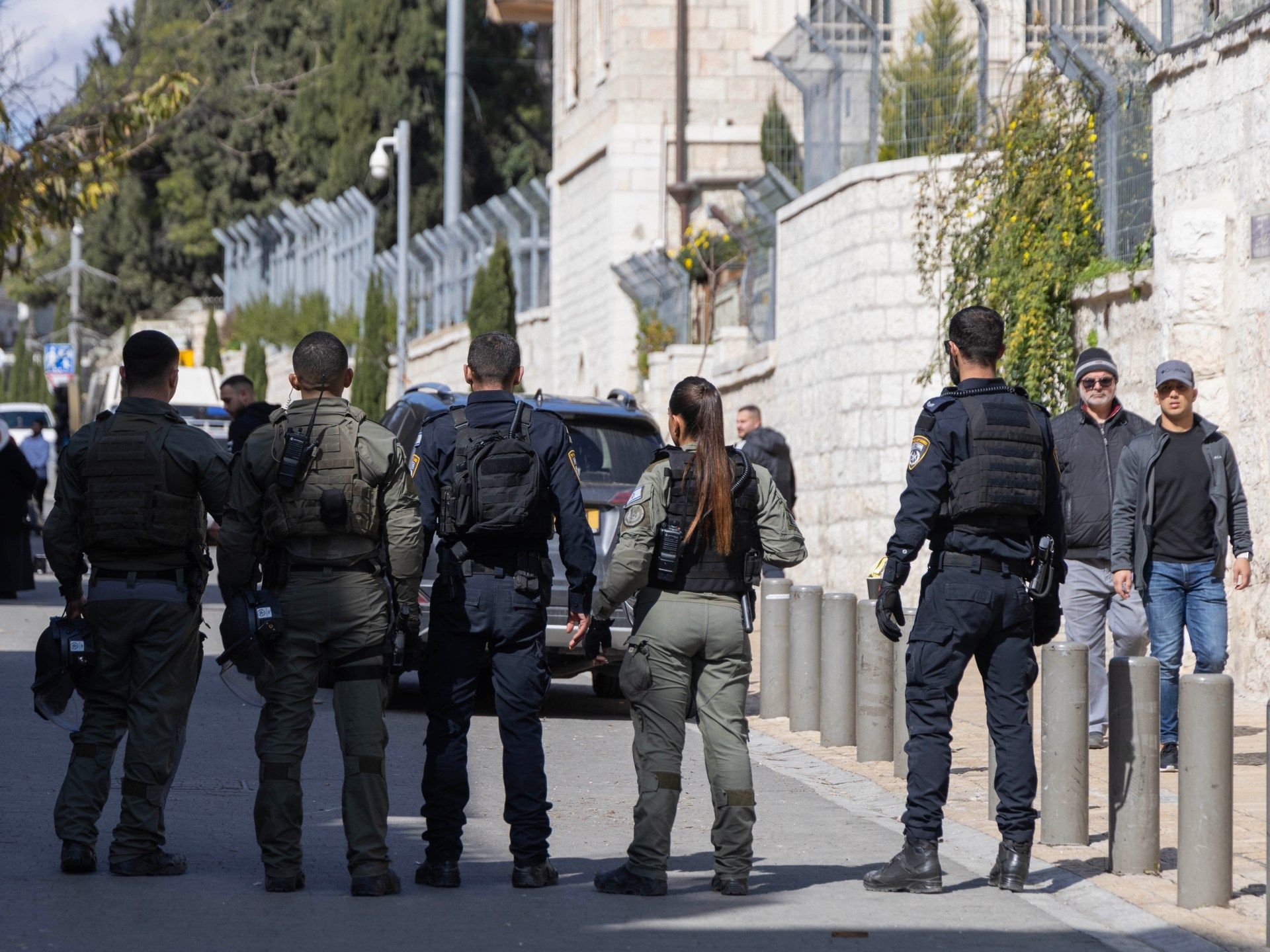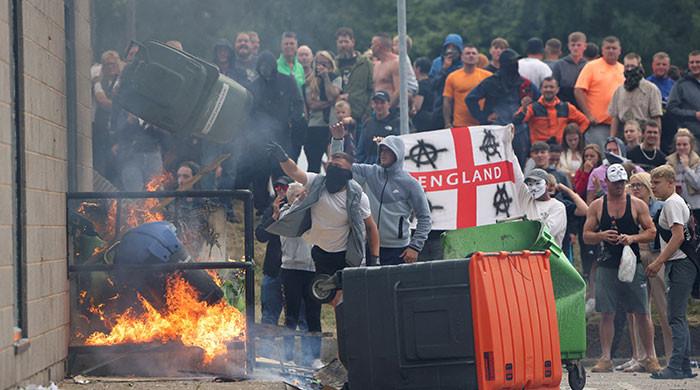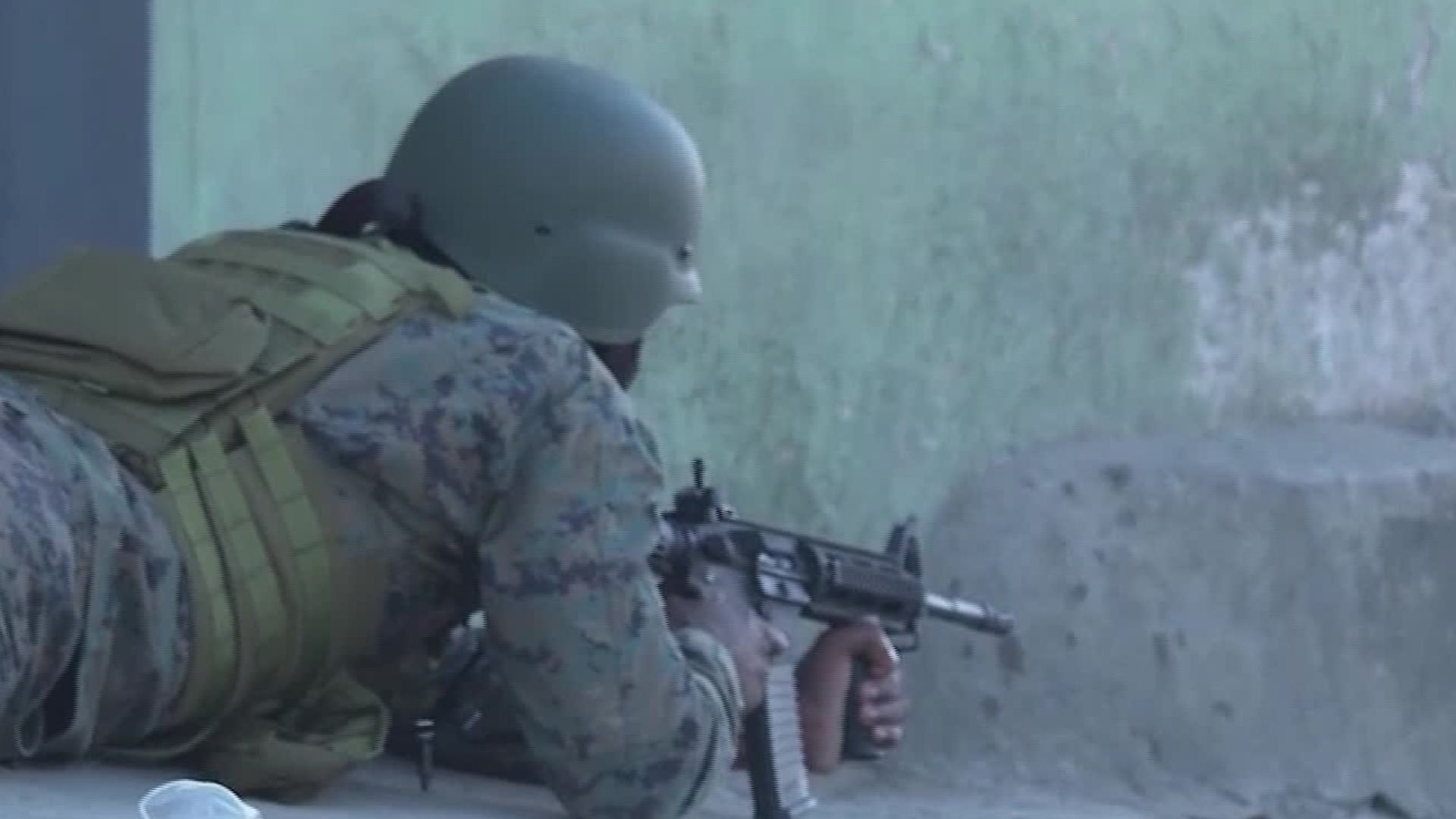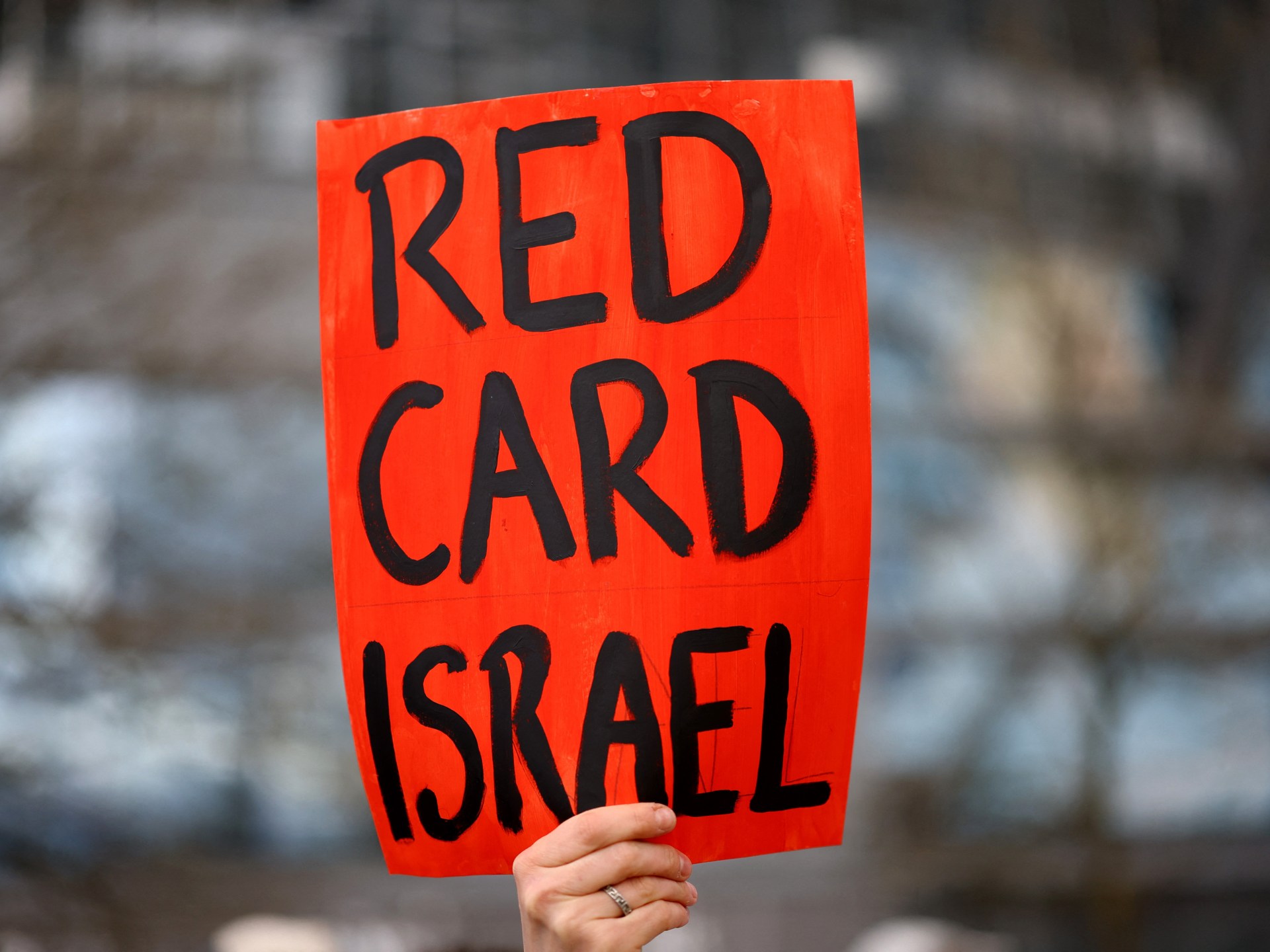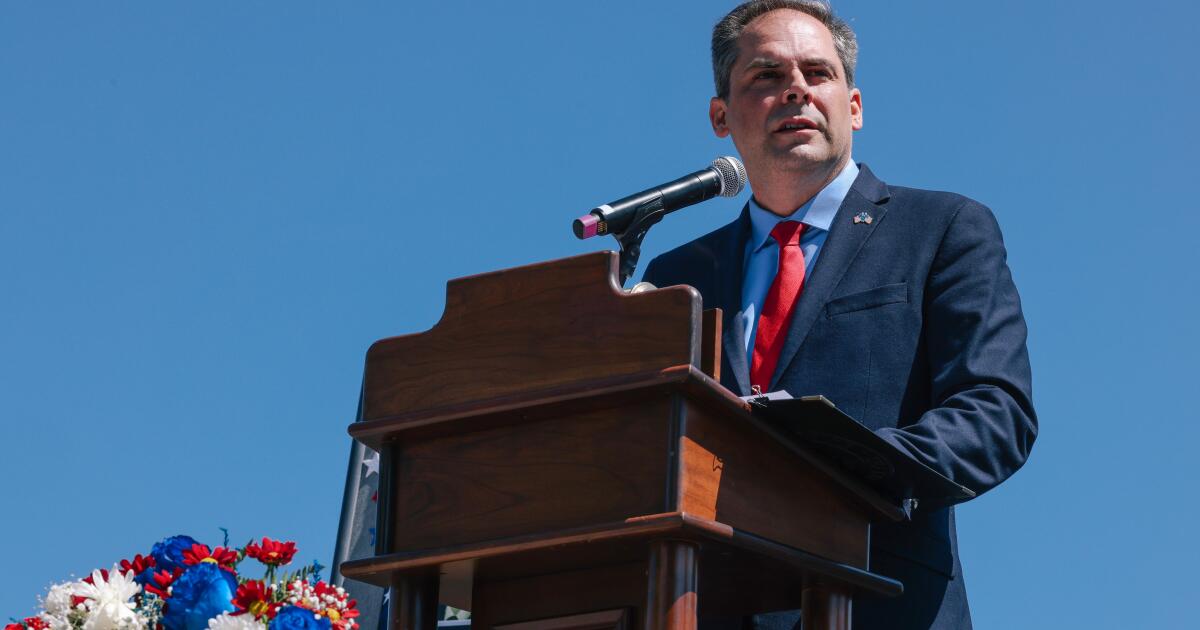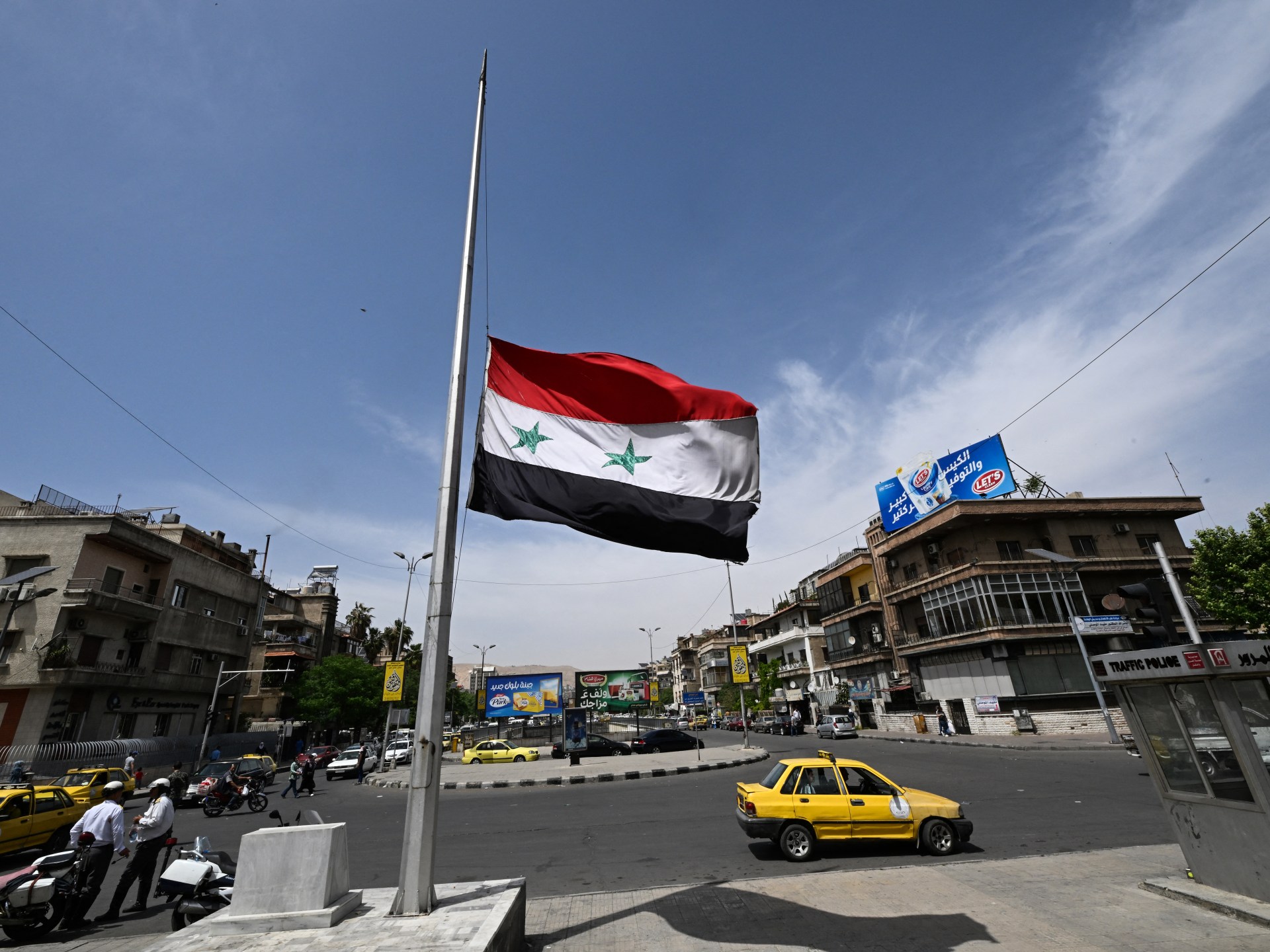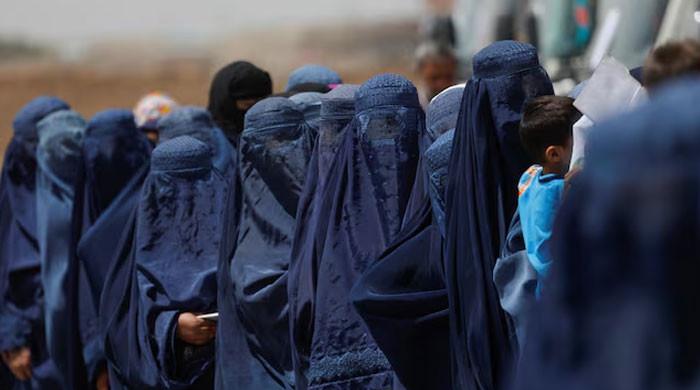Old City, occupied East Jerusalem – In a corner, just outside one of the gates of the Al-Aqsa Mosque compound in Jerusalem's Old City, Abu Mohammad, 30, stood amid the smell of wafting spices, dried fruits and herbs. in his decades-old store.
“I've been here all my life. “My grandfather also worked in spices in the Old City of Jerusalem all his life,” the father of three told Al Jazeera.
Before the start of Israel's war in the besieged Gaza Strip, less than 80 kilometers (50 miles) away last October, Abu Mohammad had to bring in a shipment of new products once a week to keep the store stocked and meet the great demand. . Since October 7, when the war began, he has not brought any cargo.
The Old City is not only home to the Al-Aqsa Mosque and the Dome of the Rock, one of the holiest sites in Islam, but it is also home to the Church of the Holy Sepulchre, which Christians believe is the place where Jesus was crucified . and the Wailing Wall, which Jews believe is the last vestige of the Second Temple. Therefore, the Old City usually attracts a large number of pilgrims and visitors from all over the world. In 2019, some five million tourists visited the country from abroad, with Jerusalem being the number one destination, according to the Jerusalem-based Arab Chamber of Commerce and Industry.
Aside from its importance for tourism, the Old City and surrounding commercial areas have historically constituted the most central market for the 350,000 Palestinians who live and work in Jerusalem.
But since the start of the war, during which more than 28,000 Palestinians have been killed, Israeli forces have implemented strict controls at all entrances to the Old City in what residents describe as a “siege,” with only those with addresses registered within the Old City. City allowed entry.
Large numbers of Israeli paramilitary officers are stationed at checkpoints with metal barricades at all open gates in the Old City, and are especially deployed at gates mainly used by Palestinians: Bab al-Amud (Damascus Gate), Bab az-Zahra (Herod's Gate), Bab al-Asbat (Lion Gate) and Bab al-Jadid (New Gate).
For the past four months, Abu Mohammad said, there has been no need for product shipments.
“I'm not selling anything,” he said.
empty streets
The charming, narrow cobblestone streets of the Old City, once filled with an endless stream of Palestinians, pilgrims and visitors, are today almost completely empty. The cries of Palestinian vendors calling for buyers, as well as old women selling fresh herbs on the steps of the streets of the Old City, have disappeared.
His store's income, Abu Mohammad said, “fell by 99 percent during the war in Gaza.” The only people who visit his shop these days are those who live in the Old City.
“We are losing money and we have been forced to throw away a lot of our food because it has expired,” he added.

The Old City of Jerusalem, which is located on the eastern side of the Israeli-occupied city, contains around 2,000 Palestinian-owned shops, including 450 souvenir shops, 25 restaurants and 23 supermarkets. A third of them had closed due to Israeli restrictions and high taxes by October 7.
However, since the war, at least half of all Palestinian shops have been forced to close their doors completely or partially, according to Louay al-Husseini, director general of the Arab Chamber of Commerce and Industry.
“Most of the shops depend on tourism, and in the last four months there has been no tourism,” al-Husseini told Al Jazeera.
“Most shops are affected – even bakeries and fruit shops – they depend on restaurants, which in turn depend on tourists,” he continued. “It's a production line: when one part breaks, the whole thing breaks.”
'The worst state in 40 years'
In another corner of the Old City, Tawfiq al-Halawani still runs his small shop, whose shelves are packed with chocolates, as well as Arabic and Turkish sweets.
Although his shop, like Abu Mohammad's, is located on a major street known as al-Wad Street, which runs from Damascus Gate – the largest of the Old City gates – directly to the Mosque compound of Al-Aqsa, there are few buyers. Many days there are none.
“I've been in this store for 40 years. This is the longest and worst state we have experienced in the Old City,” he told Al Jazeera.

“We closed our doors at the beginning of the war and reopened afterwards, but to no avail. We would neither sell nor buy,” he continued. “Over the last 130 days, some stores did not open their doors or sell anything.”
The Israeli checkpoints at the entrances to the Old City, he says, are “arbitrary, illogical and there is no excuse for them.”
“They prevent people from praying in the Old City and from shopping. “We are at sub-zero point: no one buys anything while we continue to pay taxes and huge expenses to keep our stores open,” al-Halawani said.
Many of the shop owners Al Jazeera attempted to interview, including elderly men, refused to speak for fear of being arrested or punished by Israeli police.
One shop owner, who took a lot of convincing before speaking anonymously, told Al Jazeera: “I am a son of Jerusalem and I live in the Old City. “I am afraid to speak because of the situation we are experiencing.”
He noted increased violence and harassment by Israeli forces, particularly against Palestinian youth, at checkpoints set up around the Old City, a reality that has further deterred Palestinians from coming to pray or shop.
“Our children are beaten, attacked, kicked… and spit on,” said the merchant. “If you try to complain, the officer will say 'So what?', but if you look at a settler the wrong way, the police will stop us,” the man said.
“If a girl is wearing a keffiyeh, they humiliate her, they take away her phone and in a matter of minutes you see her handcuffed and taken away,” he continued.
“My friends ask me: Why are you closed on Fridays? I tell them: 'There are no people, there are no worshipers.'
“We closed our stores for most of the week. It's not just me, everyone. If the settlers don't provoke us, then it will be the [Israeli-controlled] “The municipality of Jerusalem, if not the municipality, then it is the police, the army,” he said. “Their hatred has become very evident since the war in Gaza.”

'They want us to close our doors'
The eastern half of Jerusalem was militarily occupied by Israel in 1967 and illegally annexed. At least 350,000 Palestinians currently live in occupied East Jerusalem, and among them some 220,000 illegal Israeli settlers live in heavily fortified Jewish-only settlements.
About 86 percent of occupied East Jerusalem is under the direct control of the Israeli government and settlers. The annexation of East Jerusalem is not recognized by any country in the world, apart from the United States, as it violates international law which states that an occupying power cannot have sovereignty over the territory it occupies.
Local NGOs and human rights groups have long pointed to a number of Israeli practices and policies in Jerusalem that they say aim to alter the demographic ratio in favor of Israeli Jews, a goal defined as “maintaining a majority “solid Jewish community in the city” in the municipality's master plan of 2000.
Illegal settlement expansion, systematic demolitions of Palestinian homes, and severe restrictions on Palestinian urban development are some of the main methods used to achieve this goal, according to human rights groups.
Shop owners in the Old City say they believe closing them is simply another way to forcibly displace Palestinians in Jerusalem.
“They want us to close our doors. They want the Old City to be as empty as it is today, so that it is easier for them to control it and so that settlers can walk around comfortably as they want,” Abu Mohammad said.
Al-Husseini of the Chamber of Commerce said these restrictions, in the long term, are intended to “affect the demographic composition of Jerusalem.”
If the closures are maintained for a prolonged period, he said, “the situation of Palestinians in Jerusalem will be like that of the West Bank.
“We will become cheap labor for the other side, similar to West Bank workers who work in illegal settlements and inside Israel,” he explained.
“Over time, the Israeli identity will become increasingly imposed on us, and the demographic identity and composition of Jerusalem will change. Businesses will close, people will not even consider investing their money or opening factories and there will be no development in the city,” al-Husseini said.

Despite the daily struggles that come with being a Palestinian vendor in the Old City – particularly since the war in Gaza began – many shop owners say their knowledge of Israel's broader goals means they are determined to resist them in every way. that they can.
Sheikh Hasan Tawfiq is a kindly 80-year-old man who is sitting at the entrance to his small shop, a few meters from the Al-Aqsa Mosque compound. He sells Islamic products such as rosaries and rugs in the 50-year-old store he owns with his son.
“We open and close every day with no income,” he told Al Jazeera. “There are no tourists or worshipers. In fact, I am losing money paying rent and electricity by keeping the store open.”
Still, he says, opening the store is much more than just a business.
“We opened to be able to defend Al-Aqsa [from the Israeli occupation], we open so that people continue to come to the Old City, so that they can continue to live,” Tawfiq said. “We have to persevere. We have to be patient.”

